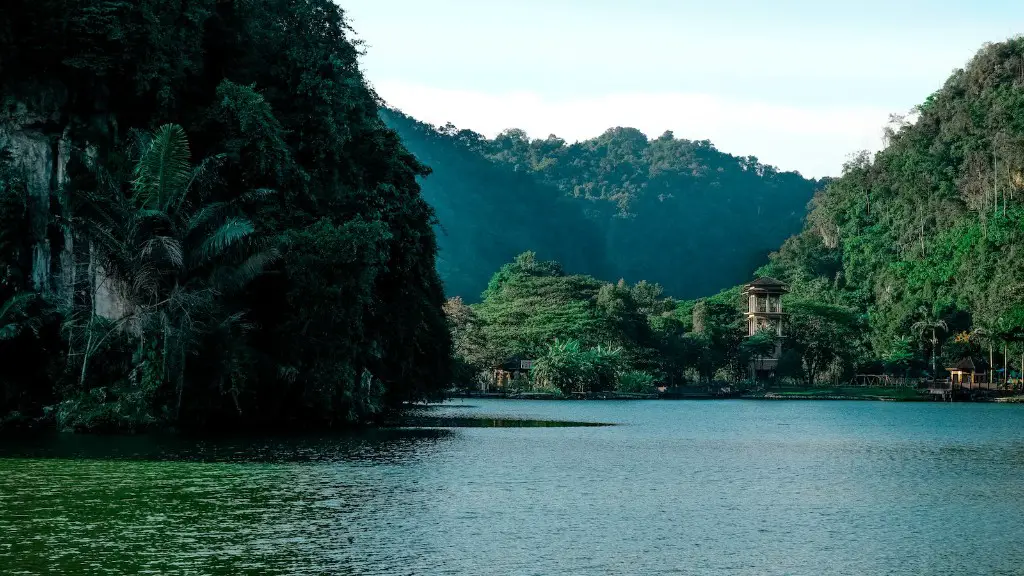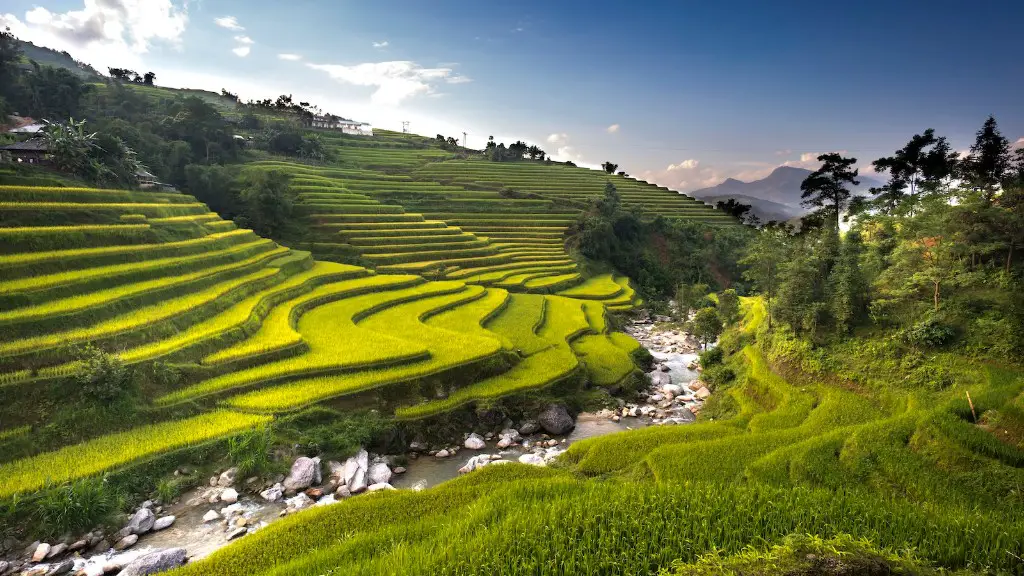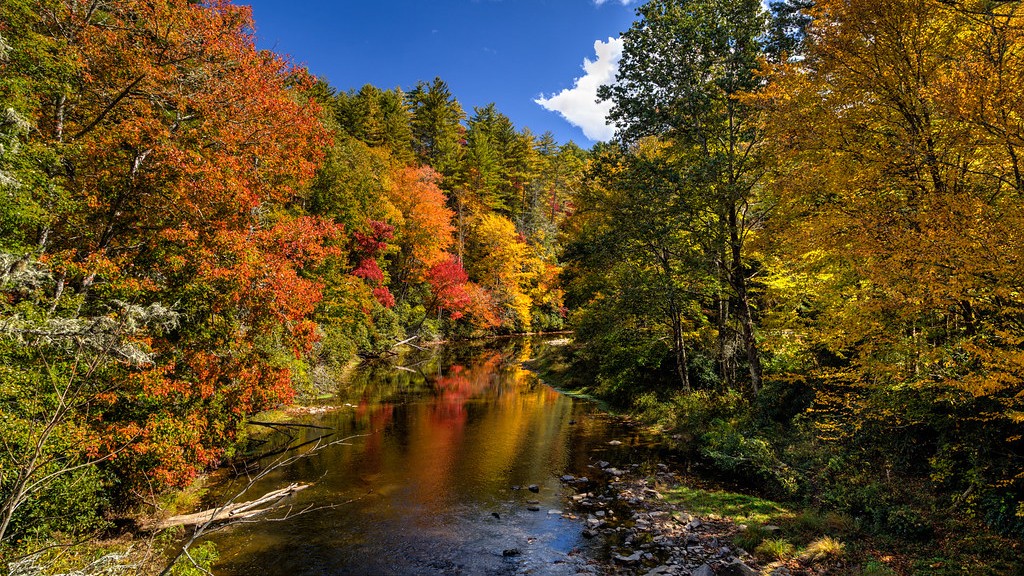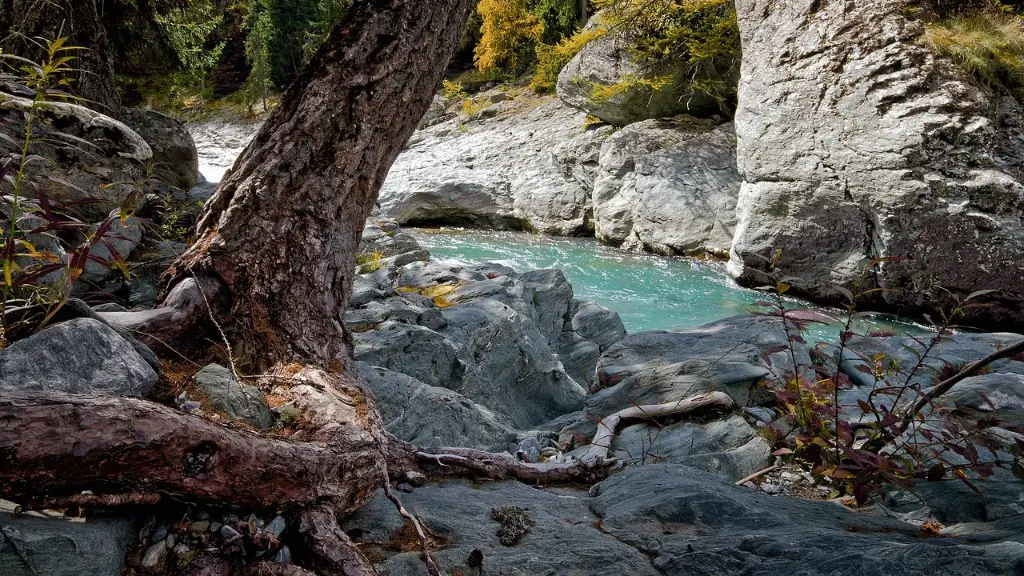The Mississippi River Delta is the iconic mouth of the longest river in the United States. Situated at the south-central portion of the Gulf Coast along Louisiana, the Mississippi delta is a combination of wetland habitat and navigable waterways along the coast. Today, the delta serves as a crucial natural resource and habitat for diverse ecosystems, but the future of this incredible landscape remains uncertain due to global factors such as climate change.
The Delta region encompasses more than 1 million acres of alluvial wetlands along the Gulf Coast, forming the largest river-related delta in North America. These wetlands help control tidal action and storm surge and provide vital habitat for dozens of animal species, including the alligator, bald eagle and the snowy egret.
The Mississippi River Delta has a long and proud history of the region now known as the lower 48 states. It is this rich history and deep connection to the community that has led to the Delta being recognised as a cultural and ecological powerhouse. Through the history of the Delta, this area has seen some of the earliest human settlements and European exploration. This led to the establishment of cities, ports and archipelagos.
The Delta is also an economic powerhouse, providing more than half of the country’s oil, gas and seafood production, as well as half of the nation’s grain shipments.Thousands of men and women work directly in the Delta’s manufacturing and fishing industries, too.
The current issue facing the Delta is the impact of climate change. Rising sea levels, increasing coastal storms and storms surges, and changing water temperatures challenges the popularly-held notion of the Delta being an invincible landscape. With less freshwater and sediment from the Mississippi River and its tributaries, new land creation from floods is at an all-time low, further placing the coast at risk and causing saltwater intrusion, land loss, and habitat destruction.
Scientists and researchers have made significant progress in understanding and managing the Delta’s challenges. In recent years, there have been multiple projects to restore and protect the wetlands and coastline, including the Louisiana Coastal Protection and Restoration program. This ambitious coastal program aims to reduce the risk of flooding, improve coastal habitat and build the coastal economy. Many of these projects are funded by taxpayer dollars, while others come from the BP Oil Spill Settlement and donations from corporate and private foundation partners.
At the same time, local and state agencies are partnering with nonprofit organisations, universities, and businesses to set goals for the Delta. These strategies include restoration initiatives, community-based conservation projects, and comprehensive plans for the region’s long-term health and stability.
Local Efforts
In an effort to protect and restore the Delta’s wetlands, several local initiatives have been enacted. The Louisiana Department of Wildlife and Fisheries operates several programs that focus on restoring the wetlands and increasing their resilience to the effects of climate change. The department also partnered with the Nature Conservancy to lead the Mississippi River Delta Assemblage, a joint effort to restore the Delta’s ecosystem. In addition, the Mississippi River Delta Restoration Partnership is a coalition group of environmentalists, scientists, local governments, businesses and universities that works in the state to restore the Delta’s environment.
At the local level, community organisations have taken on many initiatives to help protect and restore the Delta’s wetlands. These local organisations have focused on raising awareness, advocating for the Delta, and organising community-based projects. Through their efforts, these organisations have helped to reforest vulnerable areas, provide education to local communities, and ensure that the Delta’s resources are used sustainably.
Energy in the Delta
The Mississippi Delta is one of the most important areas for the oil and gas industry in the United States. Ranging from offshore drilling platforms to pipelines onshore, the industry provides both jobs and fuel to the region. This industry provides a significant number of jobs, both direct and indirect, in the Delta. For example, this sector not only employs oil and gas workers, but also contractors, truck drivers, and local service providers.
At the same time, local residents are increasingly aware of the environmental and health impacts of the oil and gas industry in the Delta. Many local organisations, such as the Gulf Restoration Network, are working to protect and advocate for the Delta’s environment, while ensuring that the oil and gas industry is held to the highest standards of safety. In addition, many of these organisations are working to increase their collaborative efforts to protect the Delta’s environment, while also ensuring that local economic opportunities are available to residents.
Sustaining the Delta
The Mississippi Delta is a complex and dynamic landscape that is constantly changing. To ensure the sustainability of this vital area, it is essential to invest in strategies that enable the Delta’s ecosystems to thrive and continue to support the livelihoods of those that rely on it. Through research, conservation, and collaboration, the Delta’s future and its vibrant culture, history and ecosystem can remain intact for generations to come.
Climate Change Impact on the Delta
As mentioned before, climate change is having a major impact on the Delta. Many of the region’s natural resources, such as wetlands and barrier islands, are vulnerable to increased erosion and can no longer protect against surge and flooding. This places the region’s people, natural resources, culture and heritage at risk. In response to this, there have been a range of initiatives to reduce the impact of climate change in the Delta, such as green infrastructure projects and the creation of resilient communities. These initiatives are helping to create a more robust Delta that can withstand the effects of climate change.
Securing the Future of the Delta
The future of the Mississippi Delta is an ever-changing one. In the face of climate change and growing population pressure, it is important to act now to secure the future of this ecological and cultural powerhouse. Through strategic and collaborative efforts, we can ensure that the Delta’s ecosystem, wildlife, and culture remain safe and secure for generations to come.



